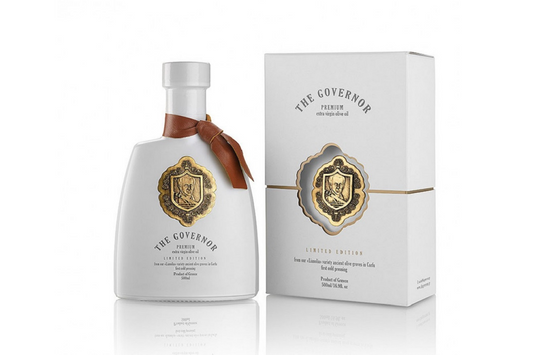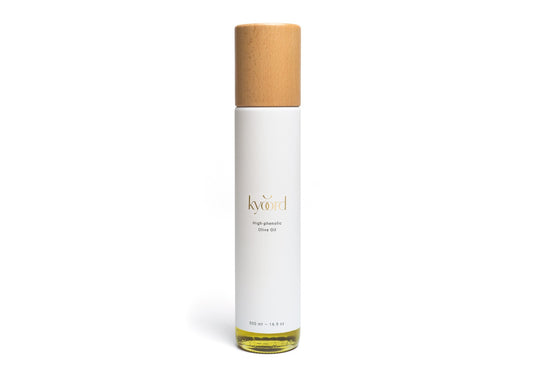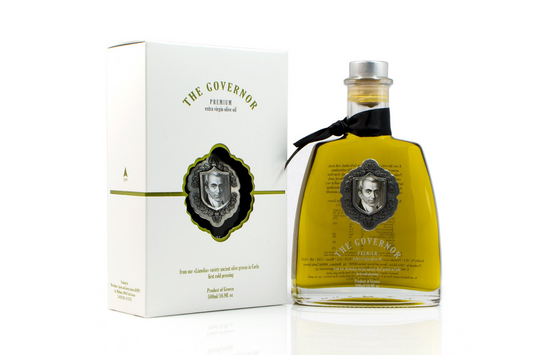The start of a new year often brings a renewed focus on health — especially after a holiday season that tends to include more indulgence, heavier meals, and increased alcohol consumption. During this time, supporting the body’s natural detoxification systems becomes especially important, and few organs work harder than the liver.
The liver is a vital organ that plays a huge role in human health. Located in the upper right-hand portion of the abdominal cavity, the liver is responsible for over 500 different functions. Sometimes called the body’s built-in detoxification system (along with the kidneys), the liver regulates levels of many compounds in the body as well as chemicals (including clearing out drugs and toxins from the blood) and produces bile, which helps carry waste away and break down fats in the small intestine during the digestive process. It also plays a role in immune system function.
While a healthy liver includes a small amount of fat, having too much fat in the liver can cause problems. Intracellular fat accumulation—also called hepatic steatosis—in the liver that constitutes at least five percent of the weight of the liver has been shown to be problematic. Prolonged hepatic steatosis can lead to problems with liver function, inflammation, and, eventually, non-alcoholic fatty liver disease (NAFLD). Hepatic steatosis is commonly seen in conditions such as obesity and Type 2 Diabetes. It can lead to hepatitis (inflammation of the liver), fibrosis (where bands of scar tissue form in the place of the inflammation, causing stiffening), and, finally, cirrhosis, in which extensive scar tissue replaces healthy tissue, leading to potentially fatal conditions such as liver failure and liver cancer.
High alcohol intake can also contribute to different types of hepatic steatosis and liver damage.
A systematic review in October 2023 looked at 6 different randomized controlled trials using olive oil for eating or cooking to assess for the effects of olive oil on indicators of liver health. These studies, published between 2014 and 2021, were all human studies in adults with or without NAFLD and compared the effects of olive oil to other oils. These studies looked at populations in Germany, India, and Iran. The duration of the studies ranged from four weeks to six months and had a sample size of 18 to 100—on average, about 57, and a total of 344. 146 of these participants were female, and the remaining 198 were male. The mean age of the participants was about 43 years old, and the average BMI was 29.4 (overweight, borderline obese). While the use of oil was the primary intervention the studies focused on, two of them also included hypo-caloric diets.
Does olive oil help liver repair?
In these studies, olive oil (particularly olive oil with higher polyphenols) was found to help improve hepatic steatosis and modulate levels of liver enzymes.
Four studies used ultrasound to evaluate the degree of NAFLD, and all of them noted improvement in NAFLD severity in the olive oil groups. In one of the studies, the olive oil was associated with a more pronounced improvement than sunflower oil was.
Five of the studies looked at the effect of intervention on circulating liver enzyme levels. They all included ALT and AST, and two of them also included GGT levels. Two studies (Rezaei et al., 2019, and Shidfar et al., 2018) observed significantly decreased levels of AST, and one (Shidfar et al., 2018) also noted significantly decreased levels of ALT in the olive oil group group. This study also found significantly lower levels of ALT and AST in the extra virgin olive oil (EVOO) group compared to the control group at the end of the intervention.
Three of the studies evaluated and observed significant reductions in body weight (one of three), BMI (all three), and/or fat mass (one of three) in the olive oil group.Two of these three studies included calorie-restricted diets, but one study (Rezaei et al., 2019) reported a significant improvement in the olive oil group compared to the group given sunflower oil.
As far as blood lipids are concerned, five of the six studies evaluated this parameter. Two of them reported a significant improvement in triglyceride levels in the olive oil and olive oil pomace oil group, and one of them showed a significant reduction in the ratio of total cholesterol to HDL cholesterol in the extra virgin olive oil group but with no significant difference between the intervention groups.
Five of the studies looked at parameters related to glucose metabolism. One study observed a significant reduction in levels of insulin (fasting) in the olive oil pomace group, and two of the studies showed there were significant improvements in the homeostatic model assessment of insulin resistance (HOMA-IR) in the olive pomace oil group and refined olive oil (ROO) group.
Why does olive oil improve your liver health?
Some of the reasons researchers believe the olive oil was associated with improvements are largely due to its anti-inflammatory and antioxidant properties, especially considering the EVOO was associated with more improvements compared to other oils. More research is needed to further understand these effects and to determine which types of olive oil, polyphenol content and dosage may be most effective.
Frequently Asked Questions About Olive Oil and Liver Health
• Is olive oil good for the liver?
Yes. Research suggests olive oil, particularly high-phenolic olive oil, may support liver health by helping reduce liver fat, inflammation, and oxidative stress. Studies in adults with and without fatty liver disease have also shown improvements in markers of liver function when olive oil is consumed regularly.
• Can olive oil reduce fatty liver?
Multiple human studies indicate that olive oil consumption is associated with improvements in hepatic steatosis, or fatty liver. In clinical trials, participants who consumed olive oil showed reduced liver fat on ultrasound compared to those using other dietary oils.
• Is extra virgin olive oil good for fatty liver disease?
Extra virgin olive oil (EVOO), especially varieties high in polyphenols, appears to provide greater benefits for fatty liver disease than refined oils. Studies show EVOO is associated with improved liver fat levels and liver enzyme markers in people with NAFLD.
• Can olive oil lower liver enzymes?
Yes. Several randomized controlled trials have found that olive oil consumption is associated with reduced levels of liver enzymes such as ALT and AST. These changes suggest potential improvements in liver function, particularly in individuals with metabolic risk factors or fatty liver disease.
• Which oil is best for liver health?
Current research suggests high-phenolic extra virgin olive oil like kyoord may be one of the most supportive dietary oils for liver health. Compared with oils like sunflower oil, olive oil has been linked to greater improvements in liver fat, inflammation markers, and liver enzyme levels.










